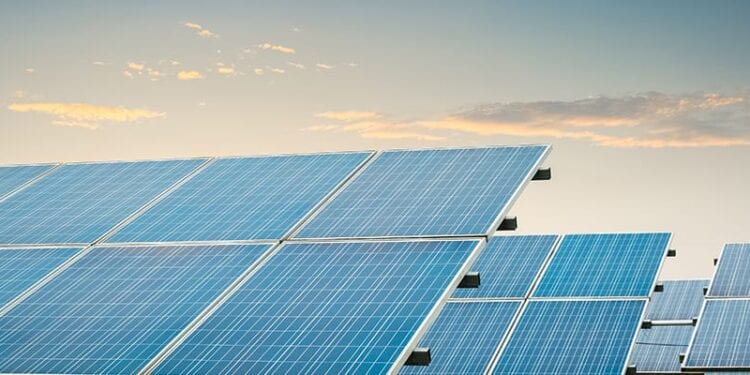Wood Mackenzie has reported that the world needs an investment of over $1 trillion in “key energy transition metals” over the next 15 years in order to meet the growing demands for global decarbonization. These metals, notably aluminum, cobalt, copper, nickel, and lithium, are essential parts of our current energy transition, enabling the shift away from fossil fuels and into renewables and other green sources of energy.
In discussing this increase in investment needed, more than double what has been invested over the past 15 years, Julian Kettle, Vice Chairman of Metals and Mining at Wood Mackenzie notes, “One can argue about both the pace and scale of the energy transition, but the criticality of metals to its realization is without question. Put simply, the energy transition starts and ends with metals. If you want to generate, transmit, or store low/no-carbon energy, you need aluminum, cobalt, copper, nickel, and lithium.”
COVID-19 has highlighted many things for the industry, including a focus on the climate and decarbonization and we are seeing governments around the world now using their stimulus recovery packages to restart or accelerate their decarbonization efforts.
Miners themselves are increasingly carbon-conscious, with many of the high-profile majors dumping their coal assets and others transitioning their mine sites to be net zero carbon. Kettle believes that the green agenda will greatly impact the way that mining companies extract and refine metals as well as the way that we source new metals and recycle used metal. The focus on decarbonization explains the growth in interest in the collection and use of scrap metals. Increasing our use of secondary metals to help meet sustainability goals, reduce capital demands for mining, and lower the carbon footprint of production. That said, the scrap industry is still not in the place where its use is as widespread as we will need moving forward, and certain technological applications for metal call for the use of primary metal. As Kettle notes, “Miners are adept at juggling conflicting demands. The question is whether they are adept enough to manage this perform storm of problems and opportunities”. That is, those challenges and opportunities that come with global energy transition, especially in the midst of a global pandemic.











